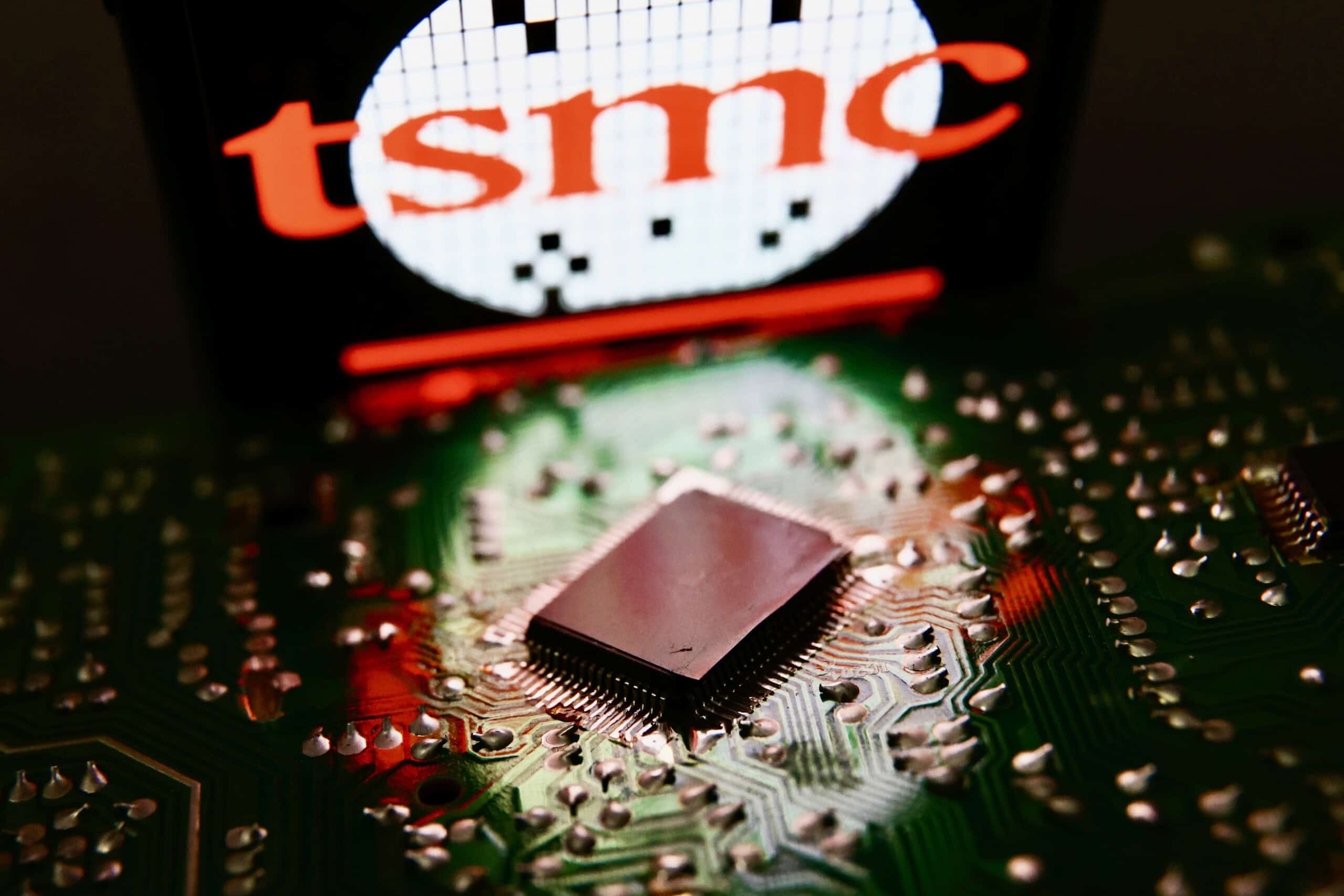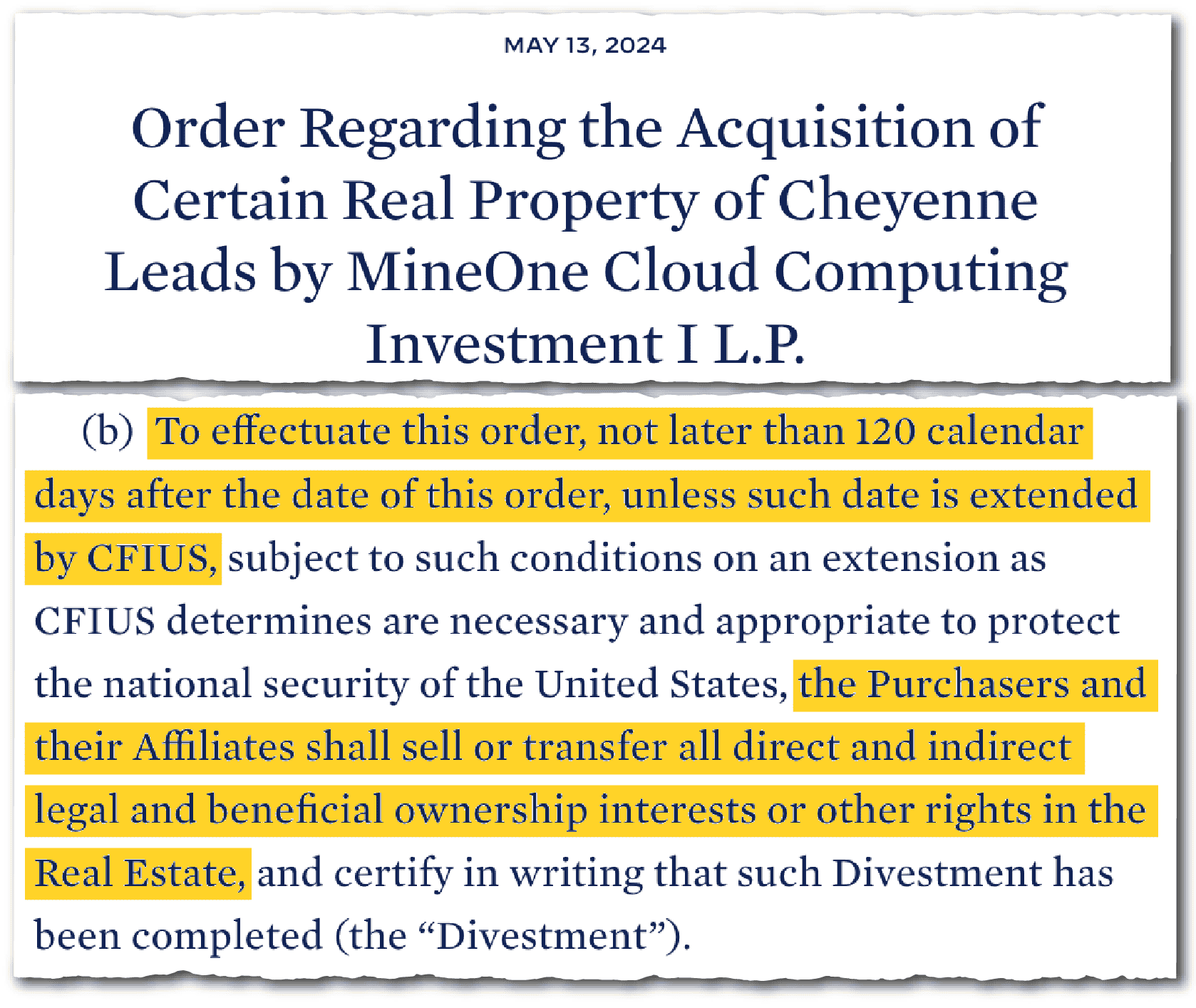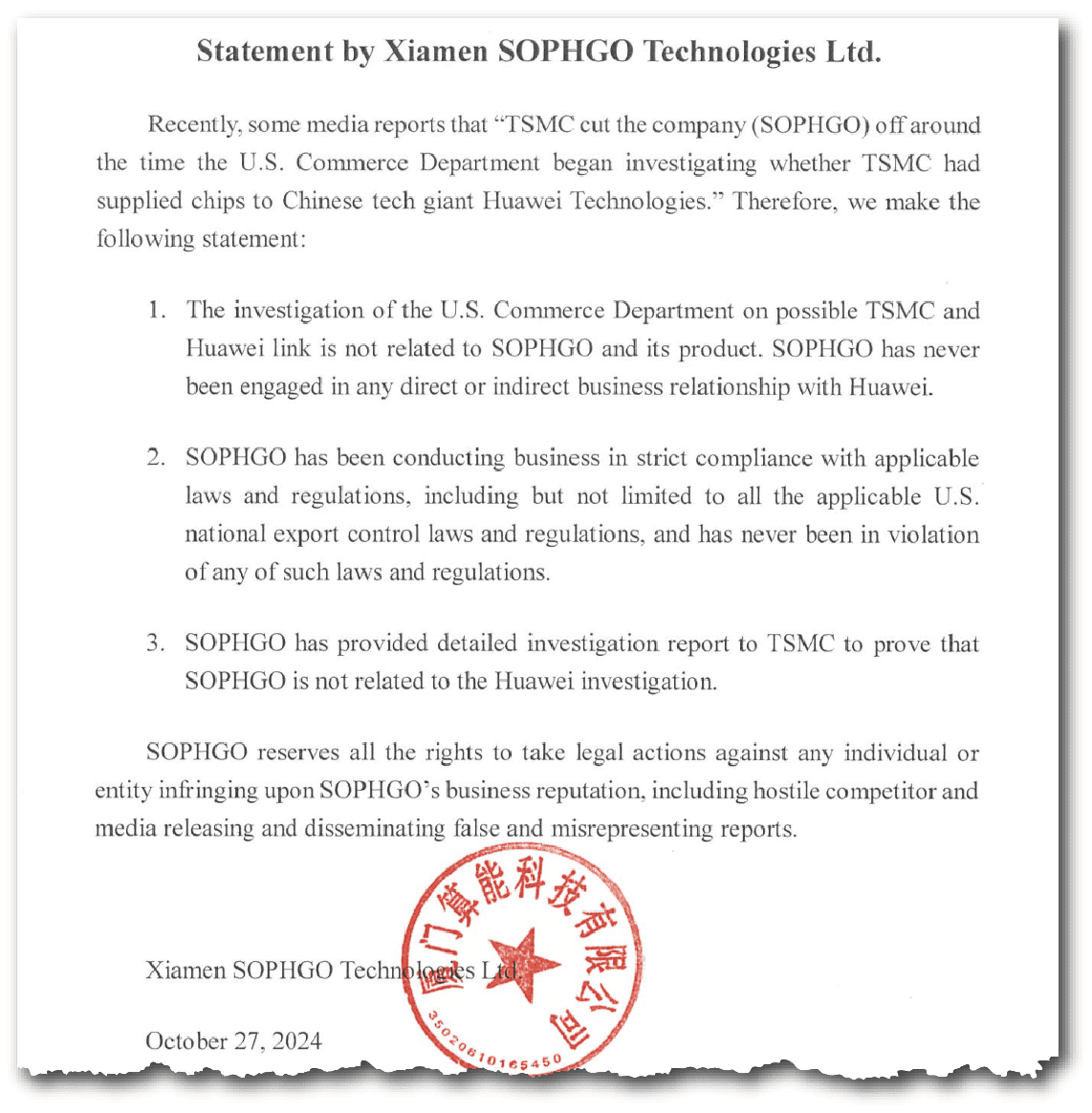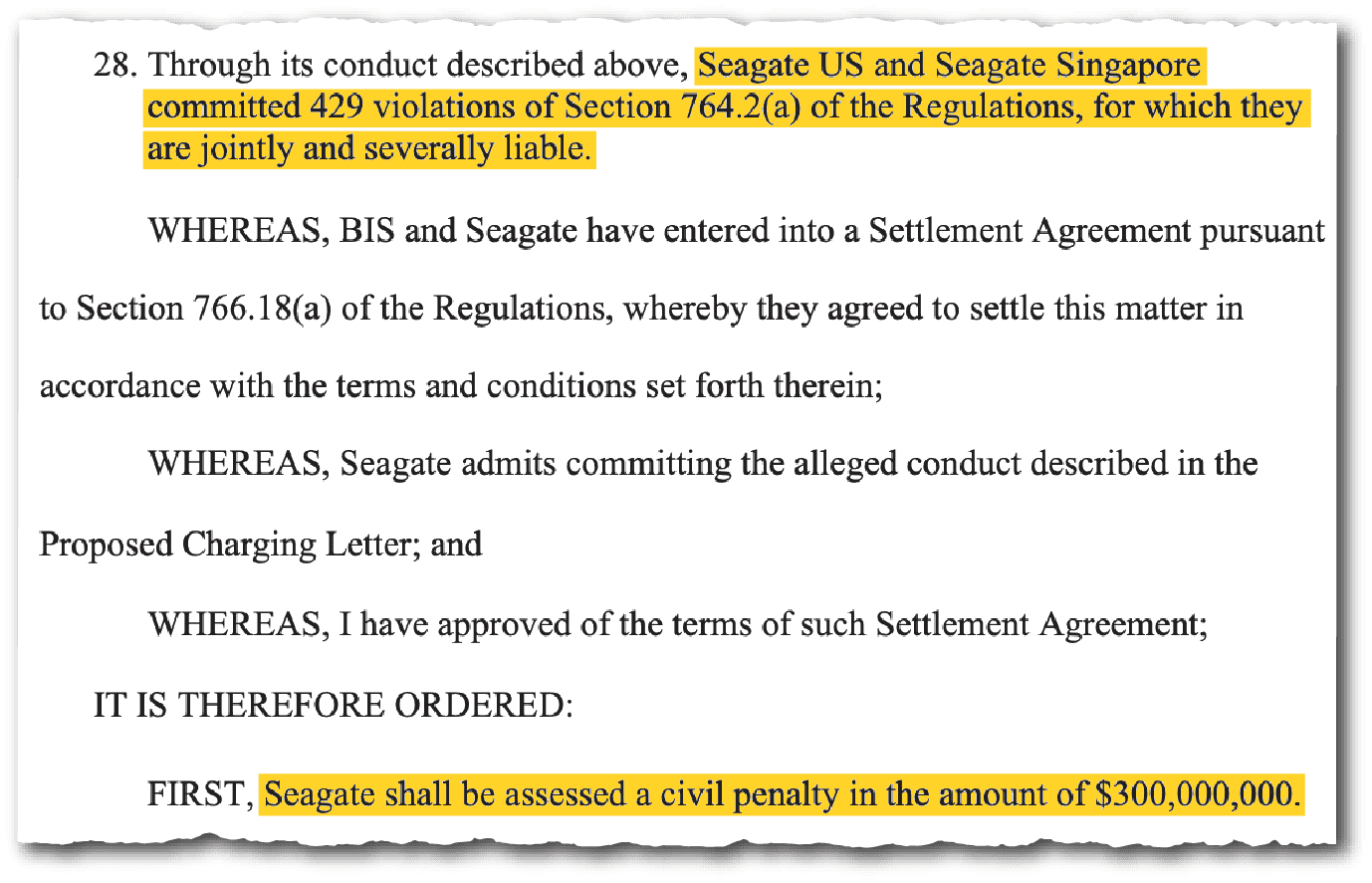
When news broke that Huawei may have gotten its hands on chips made by Taiwan Semiconductor Manufacturing Company (TSMC), the immediate question was: How?

The Chinese telecoms giant is sanctioned by the U.S., restricting companies worldwide from selling products to it that contain American technology, including nearly all advanced semiconductors. TSMC, meanwhile, only supplies to around 500 companies globally, meaning the world’s leading contract chipmaking company should have a solid sense of who it is selling to.
Within days, multiple media outlets reported that the suspected culprit was Xiamen Sophgo Technologies, a Chinese chip design company. Sophgo, as the company is known, is suspected of having sold chips it commissioned from TSMC on to Huawei. Since then, the Taiwanese company has reportedly suspended Sophgo as a customer.
But a review of ownership records by The Wire raises new questions about why TSMC was supplying Sophgo in the first place.

Sophgo was founded and is partly owned by Zhan Ketuan (who also goes by Micree), a Chinese crypto mogul who is also chief executive officer of Beijing-based Bitmain Technologies, the world’s dominant producer of specialized computers used to mine bitcoin and other cryptocurrencies. Bitmain, which is also a TSMC customer, raised national security concerns in the U.S. last year when it supplied equipment to a Chinese-owned bitcoin mine near a U.S. Air Force base.
Although Zhan’s involvement in both Bitmain and Sophgo is well-established, company ownership records from WireScreen show that the companies overlap in numerous ways, including sharing recent connections to state entities and a defense contractor in China.
TSMC, in a statement, said it is “is a law-abiding company… committed to complying with all applicable rules and regulations, including applicable export controls.” But the fact that its chips may have ended up in Huawei’s hands via a firm such as Sophgo exposes the risks the chipmaker is running as it tries to keep doing business with some Chinese customers.

The existence of the suspected TSMC-Sophgo-Huawei chain also demonstrates the ongoing challenge the U.S. government faces in keeping advanced chips out of Chinese hands — especially as China escalates its efforts to circumvent American export controls. Washington has cited the need to slow China’s production of advanced military systems to justify its sweeping restrictions on high-end chip exports to the world’s second largest economy.
Chris Miller, an associate professor at Tufts University and author of Chip War: The Fight for the World’s Most Critical Technology, says that the Sophgo example illustrates why the chip industry and governments need to do more to take sanctions and export control compliance seriously.

“Generally, chip companies spend less on compliance than they should,” he says. “We’ve seen this both in the case of the Russia-Ukraine War… as well as with regard to Huawei’s efforts to circumvent export controls. My view is that the industry needs to invest more on compliance, and that governments — including the U.S. and Taiwan — need to couple stricter enforcement with larger financial penalties for violations.”
A spokesperson for the Department of Commerce, whose Bureau of Industry and Security enforces export controls, said “BIS is aware of reporting alleging potential violations of U.S. export controls,” but declined to comment on whether any investigation is ongoing.
BITMAIN AND SOPHGO’S CLOSE CONNECTIONS
TSMC and Bitmain began doing business in the late-2010s, when the Bitcoin boom elevated crypto mining firms into top customers for chip fabs.

As recently as the second quarter of this year, Bitmain was still considered a major customer of TSMC’s 3 nanometer chips, says Chiang Min-yen, a nonresident fellow at DSET, a Taiwanese government-sponsored think tank, referring to the chipmaker’s most advanced offering.

Yet Sophgo’s connections to Bitmain run deep. In Bitmain’s 2018 prospectus for its subsequently terminated Hong Kong IPO, it describes a brand called Sophon as its “brand of AI products and services.” Today, Sophon and Sophgo share logos and websites. At least three Sophgo subsidiaries are registered with Bitmain email addresses, as is one of its parent companies. Bitmain also shares executives with Sophgo’s parent and subsidiary companies, including a legal representative, named Zhou Feng — the person in China who is authorized to make business decisions on behalf of the firm.

Zhan, a former microelectronics engineer with a masters degree from the Chinese Academy of Sciences, co-founded Bitmain in Beijing in 2013. He was ousted from the company amid a dispute with his cofounder in 2019, the year he founded Xiamen-based Sophgo. By 2021, Zhan had regained control of Bitmain — and soon began to bring his businesses closer together.
At a Xiamen University campus recruitment event in 2022, Sophgo said it had “inherited the technology, patents, products and customers that Bitmain has accumulated in the AI field for many years.”
At Sophgo, Zhan hired heavily out of Huawei, according to a 2020 article by Chinese financial media site Sina. This targeted hiring included Li Qi, a classmate of Zhan’s who worked for Huawei in Canada before becoming the Xiamen-based firm’s executive director, general manager and legal representative, records from Wirescreen show. Qi left those roles in March 2020, but he still owns several companies registered under the same phone numbers as Sophgo, according to Wirescreen.

Meanwhile, Bitmain’s business activities have begun to draw scrutiny from U.S. officials and Taiwanese prosecutors. In May of this year, the Biden administration ordered a Chinese-owned company to shut down and sell a Wyoming cryptocurrency mine located one mile away from an Air Force base that houses nuclear-capable missiles. Bitmain is the dominant producer of the computers that power such “mines”; on its website, the company says it controls 70 percent of the global market for servers used to mine cryptocurrency.
Bitmain has also played an active role in transferring technical know-how from Taiwan to mainland China by indirectly employing Taiwanese engineers, according to a recent report by DSET’s Chiang. In 2021, Taiwanese prosecutors raided Bitmain’s Taiwan offices and accused two affiliates of illegally recruiting Taiwanese chip engineers. Four defendants pleaded guilty and were fined roughly $9,300 each.
Generally, chip companies spend less on compliance than they should… the industry needs to invest more on compliance, and that governments — including the U.S. and Taiwan — need to couple stricter enforcement with larger financial penalties for violations.
Chris Miller, an associate professor at Tufts University and author of Chip War: The Fight for the World’s Most Critical Technology
In China, state entities and a defense contractor previously owned major stakes in a Sophgo subsidiary, according to data from WireScreen. This subsidiary, Fujian Suanyu Big Data Technology Co., received investment from firms wholly owned by the provincial governments of Fujian, Fuzhou, and Zhejiang, as well as from Fujian Forecam Optics Company Limited (RICOM), which supplies the People’s Liberation Army with camera lenses for military equipment, including drones and helicopters.

In its 2019 IPO prospectus, RICOM described itself as an “important military-civil fusion company in China that specializes in the research, development and production of optical lenses.”
Sophgo — through subsidiaries — began buying up RICOM’s and the local government-owned firms’ stakes in Fujian Suanyu in November 2023, weeks after the U.S. expanded its controls on chip exports. Since February of this year, it has been Suanyu’s ultimate shareholder. Suanyu’s company registration details show email addresses registered to Bitmain and a shared phone number with a Bitmain subsidiary, according to WireScreen. The company also has the same legal representative, Zhou Feng, as Bitmain does.


Left: A statement released by Sophgo, October 27, 2024. Right: A statement released by Bitmain, October 28, 2024. Source: Sophgo via X, Bitmain
Sophgo did not respond to The Wire’s request for comment, but on X it posted a statement saying it conducts business “in strict compliance with applicable laws and regulations, including but not limited to all the applicable U.S. national export control laws and regulations.” It denies being under investigation by the Commerce Department and said it has never done business with Huawei.
In a statement, Bitmain also denied being investigated: “Bitmain is not involved in or otherwise related to the supply chain investigation as reported by the media recently. Any news alleging that Bitmain is involved in the aforementioned event is false and baseless.” Bitmain did not respond to a request for comment.
Then President Trump comments on Huawei during a speech delivered in the White House’s Rose Garden, July 14, 2020. Credit: C-SPAN
If TSMC chips were shipped to Huawei, that move would be in violation of the 2019 sanctions imposed by then President Donald Trump and strengthened in 2020, and the firms could potentially face substantial fines. The restrictions prevent companies that use any American technology from doing business with Huawei and more than 100 of its affiliates, citing its involvement “in activities contrary to the national security or foreign policy interests of the United States.”
The perhaps more interesting question, however, revolves around TSMC’s relationship with Sophgo.
EXPORT CONTROL VIOLATION?
Under the U.S.’s expanded export controls regime, which was finalized in October of last year, TSMC is allowed to sell to Chinese customers — even those with state and military involvement — so long as the customers are not affiliated with companies on sanctions or red-flag lists like the Entity List, and the chips do not exceed certain performance thresholds.
The Commerce Department drafted these rules in close consultation with industry. According to one person familiar with TSMC’s policies, the company has said privately that it follows an even more conservative metric than mandated by Commerce and will decline to make chips for Chinese clients that fall within even 15 percent of those thresholds.
Huawei’s Ascend 910B AI chip — which was revealed by TechInsights, a Canadian tech research firm, to contain a TSMC-made component — exceeds these thresholds.
According to Gregory Allen, director of the Wadhwani AI Center at the Center for Strategic and International Studies, a Washington D.C. think tank, TSMC should have recognized that the component allegedly sold to Sophgo had the same architecture as the advanced Huawei chip.
“This is a known Huawei chip design,” he says. “So even if a customer says ‘I’m not Huawei; please make these chips for me,’ that should have been caught immediately.”
But DSET’s Chiang says engineers disagree about how easy it would be to spot Huawei’s fingerprints on a chip design. “The layouts for crypto and AI chips look similar. If TSMC was tricked, some engineers say it would be difficult to distinguish one [design] from the other.”
Regardless, if Sophgo — and then Huawei — were able to secure these high-performance chip components from TSMC, TSMC will likely bear the brunt of the U.S. government’s wrath.

In a webinar on Thursday, Matthew Axelrod, assistant secretary of commerce for export enforcement, emphasized the department’s willingness to pursue far-reaching prosecutions. “It doesn’t matter if you’re a U.S. person or a non-U.S. person,” he said. “If you are participating in a transaction where you know there is an item that has violated [export controls] — and that knowledge includes a high probability of evasion — that is a separate violation for you.”
Allen says the questions he would be asking TSMC right now are: “How many export control enforcement personnel do you have on staff? And what authority do they have to review [chip design] data to prevent these types of things from happening?”

The U.S. has some jurisdiction over TSMC’s operations because the company uses American technology or tools to manufacture chips. If Commerce finds that the company violated U.S. export controls or assisted with circumventing sanctions on Huawei, it could face steep penalties. In 2023, Commerce fined U.S. hard disk drive producer Seagate $300 million — the largest administrative fine in the department’s history — after finding that it did business with Huawei in violation of the sanctions.
Chip War’s Miller notes, however, that sanctions-violation fines in the chip industry still pale in comparison to the financial industry, where multi-billion dollar penalties are commonplace for such transgressions. “The semiconductor industry,” he says, “hasn’t had the same incentive to invest in compliance programs of their own.”
With a market capitalization of $830 billion, TSMC is one of the 20 most profitable companies in the world, according to Fortune, and is responsible for manufacturing chips for virtually every high-tech company outside of China. It can certainly weather a hefty fine, but industry analysts note that if there was oversight involving Sophgo or another intermediary, it may have been harmful in more ways than one.

“One thing I’m concerned about is the potential for TSMC’s Huawei production to result in indirect knowledge transfer to SMIC [the Chinese competitor to TSMC],” says Allen, the CSIS expert. “When SMIC makes a chip off of a Huawei blueprint and TSMC makes a chip off of a Huawei blueprint, TSMC does a better job. So SMIC can now look [at that chip] and see all the ways they should do a better job. TSMC could actually be helping their competitor walk up the learning curve.”
The situation adds to questions over TSMC’s future catering to Chinese customers, given the minefield it faces in complying with U.S. rules if it does so. As recently as 2019, China accounted for a fifth of TSMC’s annual revenue; by last year that had dropped to 12 percent, as Washington’s controls on chip sales to China took effect and revenue growth from the rest of the world outpaced that from China.
One thing I’m concerned about is the potential for TSMC’s Huawei production to result in indirect knowledge transfer to SMIC [the Chinese competitor to TSMC]… TSMC could actually be helping their competitor walk up the learning curve.
Gregory Allen, director of the Wadhwani AI Center at the Center for Strategic and International Studies, a Washington D.C. think tank
DSET’s Chiang says the scandal should be a wake-up call not just for TSMC, but the chip sector writ large. “We have to consider there may be other connected cases,” he says. “Huawei can’t just be relying on Bitmain. They have a broad network and leverage this shadow network. There must be others.”


Eliot Chen is a Toronto-based staff writer at The Wire. Previously, he was a researcher at the Center for Strategic and International Studies’ Human Rights Initiative and MacroPolo. @eliotcxchen

Noah Berman is a staff writer for The Wire based in New York. He previously wrote about economics and technology at the Council on Foreign Relations. His work has appeared in the Boston Globe and PBS News. He graduated from Georgetown University.



